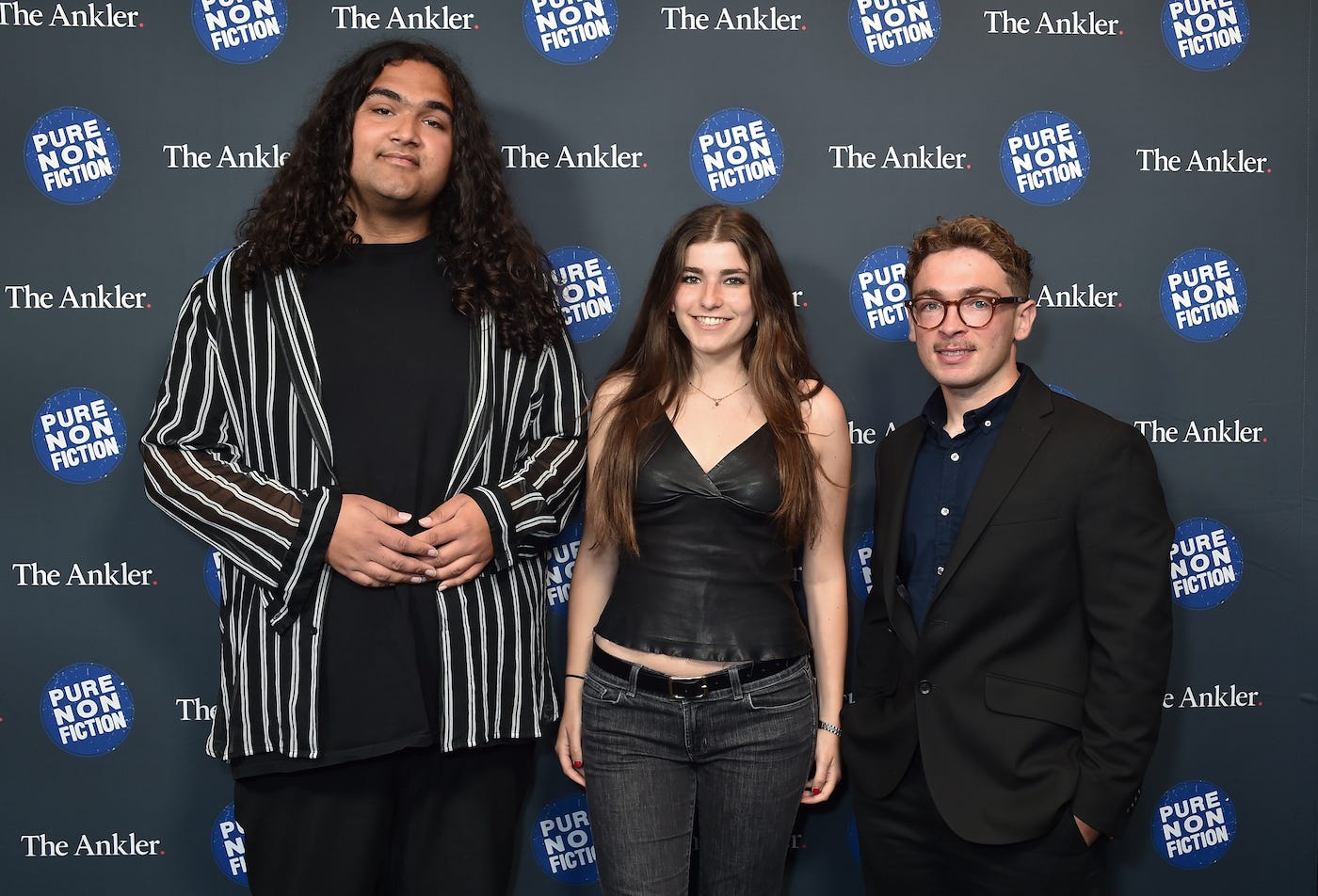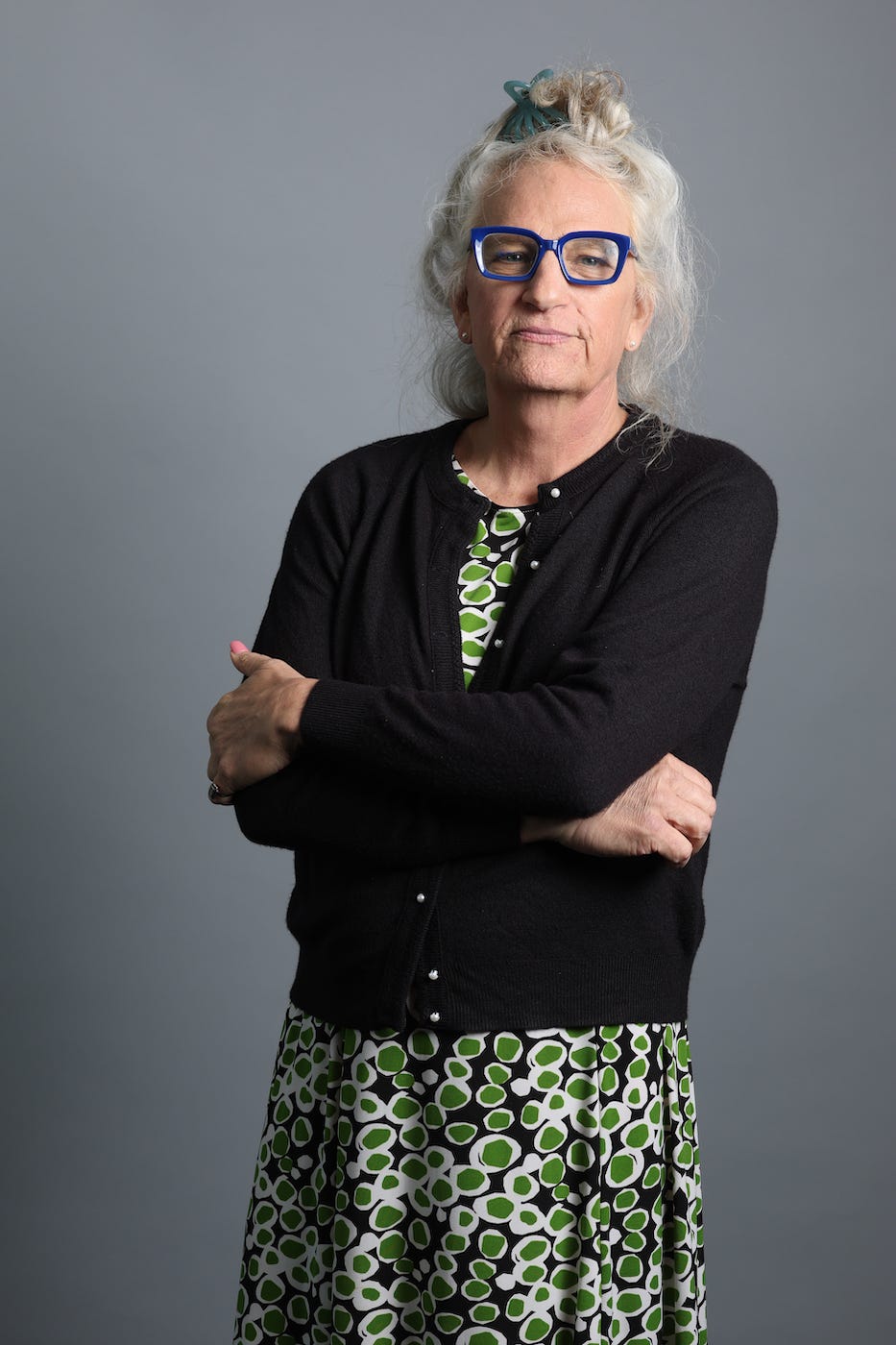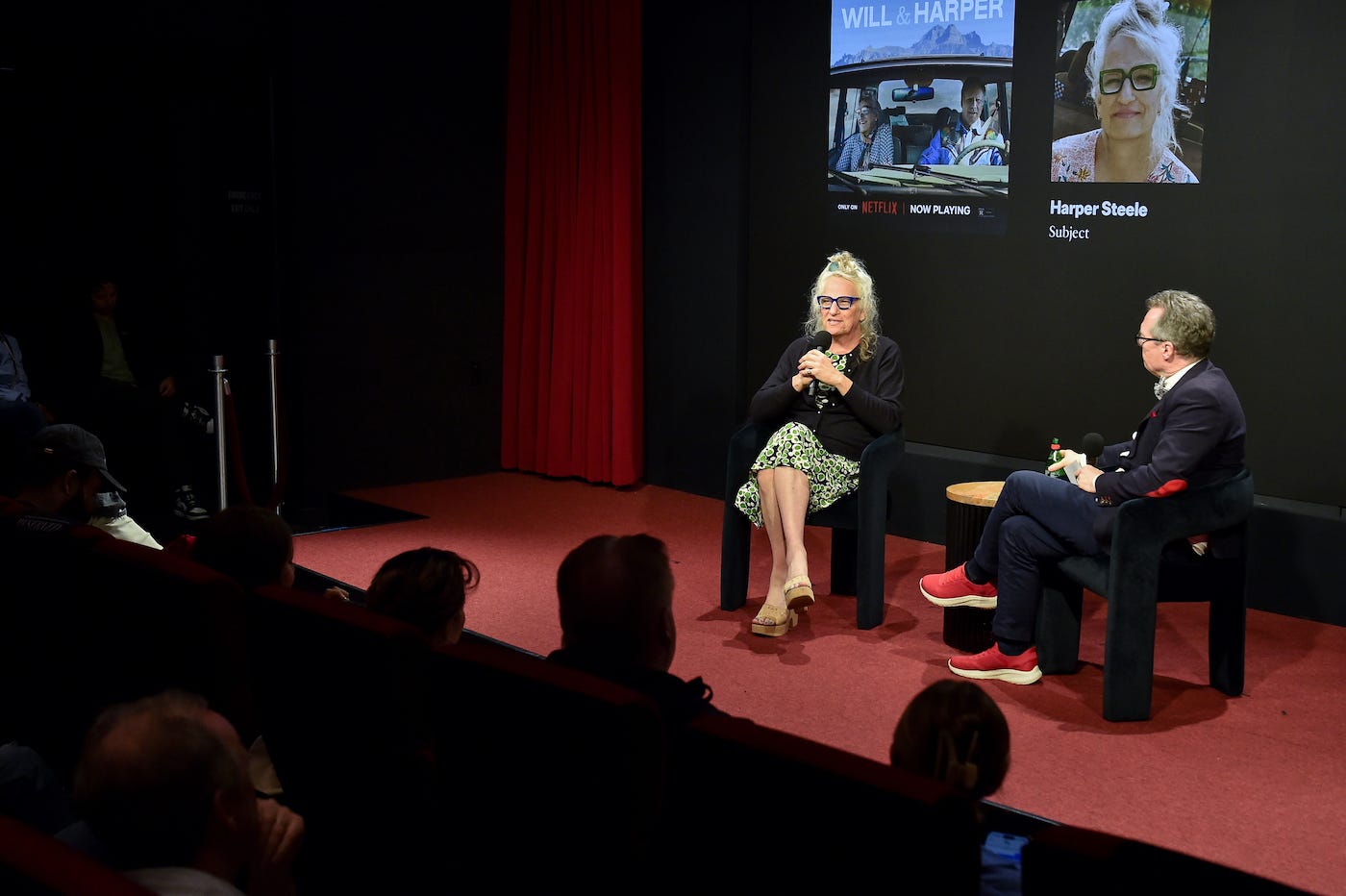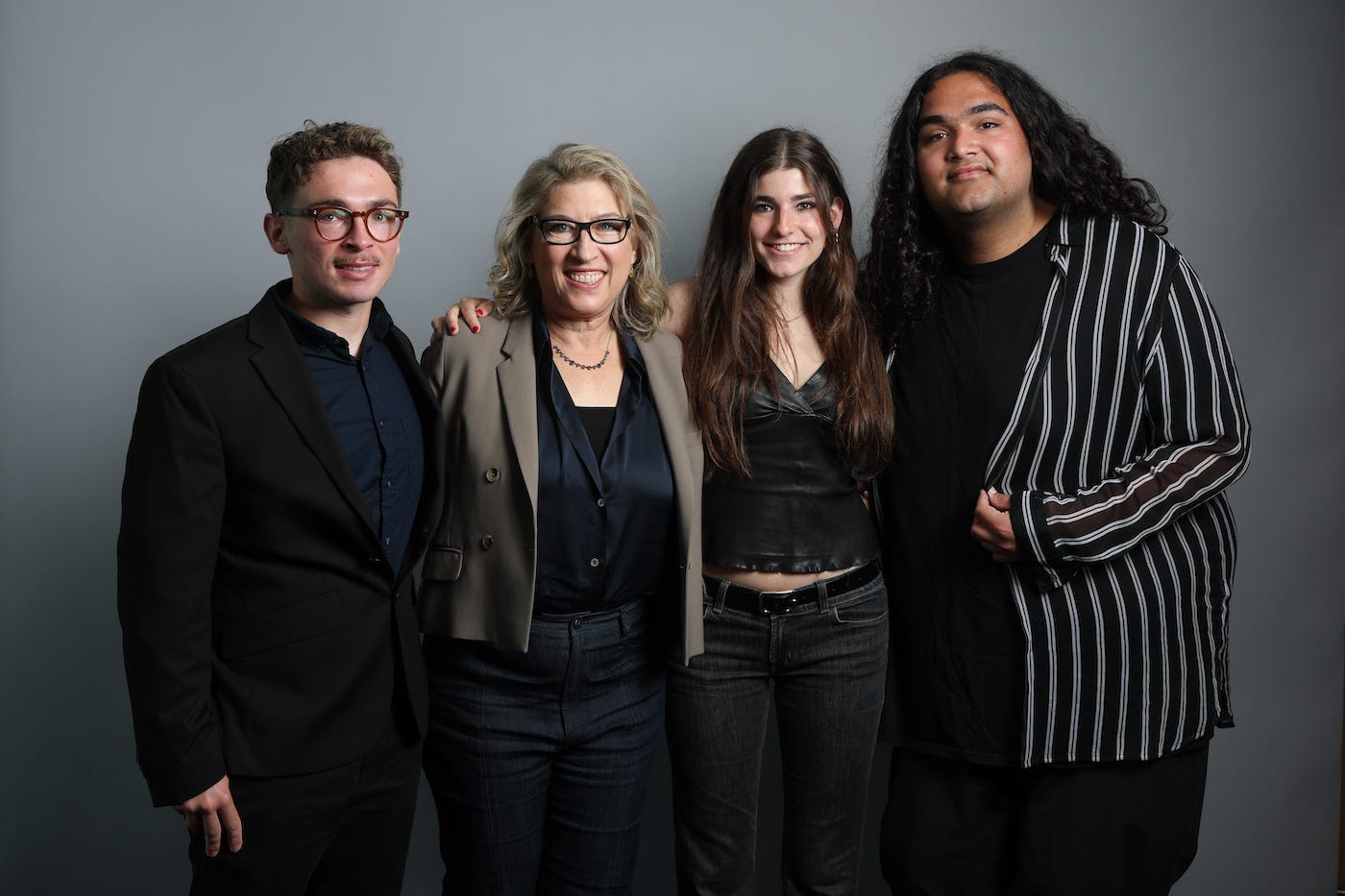
On June 8, Documentary Spotlight - presented by The Ankler and Pure Nonfiction - returned to Los Angeles, where Thom Powers hosted conversations on several Emmy contenders:
Will & Harper (Netflix) with participant Harper Steele
Social Studies (FX) with director Lauren Greenfield and participants Sydney Shear, Dominic Brown, Jonathan Gelfond
Chimp Crazy (HBO) with director Eric Goode and executive producer Jeremy McBride
Hear the full conversations on Pure Nonfiction episode 225.
In part two, our Emmy contender conversations conclude with a look at three stand out biographies. Host Thom Powers interviews these directors:
R.J. Cutler on Martha (Netflix)
David Gelb with cinematographer Adam Bricker on Chef's Table: Legends (Netflix)
Laurent Bouzereau on Music By John Williams (Disney+)
Hear the full conversations on Pure Nonfiction episode 226.
We’re grateful to our partners on Documentary Spotlight including Netflix, HBO Documentary Films, Disney+ and FX. If you would like to explore a partnership for future events, email: london@theankler.com.
Scroll down to read highlights from the conversations.
Harper Steele on Will & Harper
When Will Ferrell's good friend Harper comes out as a trans woman, they take a road trip to bond and reintroduce Harper to the country as her true self.
Harper: I grew up in Iowa. It's the middle of nowhere and I love it. However, it's the kind of place where if you have any kind of natural curiosity, you're going to leave. You're going to leave in different directions all the time. In my twenties, I was a hitchhiker, I hitchhiked literally everywhere – from Alaska all the way down to L.A., to New York, San Francisco, all of it…so it's a part of who I am, I have the country in my head at all times. As soon as I was rich enough to afford a car, I did the same thing, I drove back and forth across. I don't know how to explain that love other than it just there's so much beauty out there that I just respond to. I collect records, I'm a thrift store person. I end up in these church basements or thrift stores and you're running into just the people from all walks of life and there's just nothing better than that conversation that you start up with a stranger in the middle of nowhere. To me, it's why we're here. I will never not love that.
I don’t like to think I’m representative of the trans community—I’m a privileged, white, successful person. The people most in danger aren’t in that position. But I did think — and what’s come to play out since the film was released on Netflix, which has an incredible reach — that the film could help the conversation, especially within families. I get that all the time. Parents come up to me saying they watched it with their trans child, or vice versa. That’s basically why the film was made: to keep those conversations going and allow people to understand each other.
Lauren Greenfield, Sydney Shear, Dominic Brown and Jonathan Gelfond on Social Studies
Filmed in Los Angeles over a school year, this ambitious social experiment features a diverse group of LA teens who open up their lives and phones to offer an intimate glimpse into how social media has reshaped childhood.
Lauren: My first book was about kids growing up in L.A. and about how they were influenced by the values of Hollywood materialism and celebrity and image. In a lot of ways, the content of media influence and that early loss of innocence was something that I had been kind of working on for a long time. But in the set up for this, I also did something different, I wanted to make a social experiment.
Keep reading with a 7-day free trial
Subscribe to Doc Voices to keep reading this post and get 7 days of free access to the full post archives.







